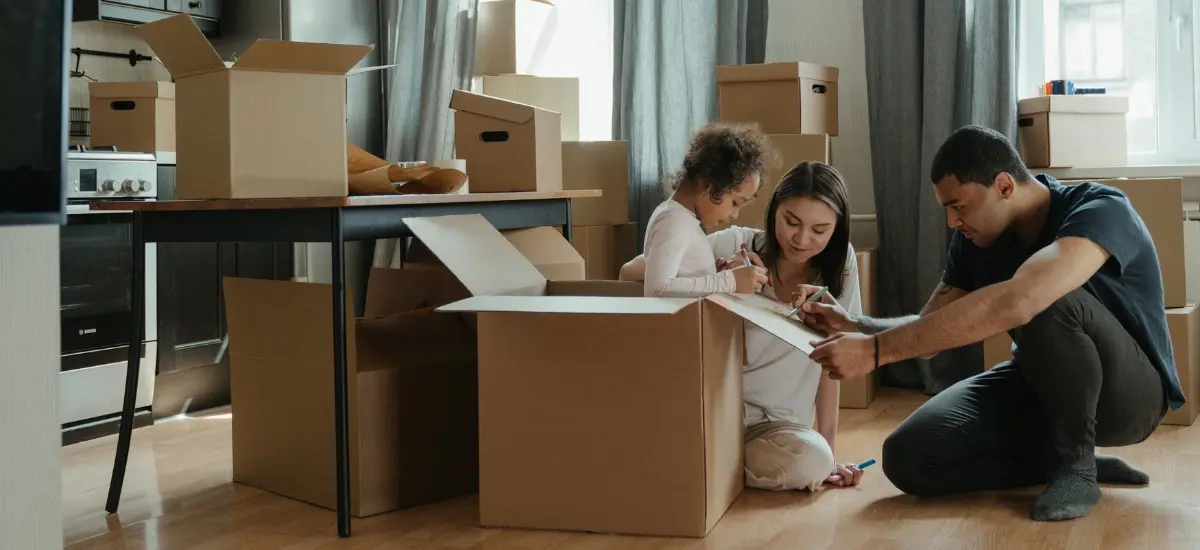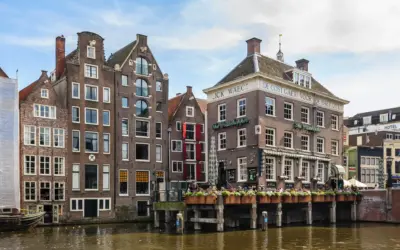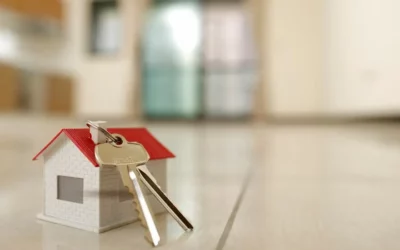Moving to the Netherlands checklist
Great, you’ve decided to finally relocate! TOSS has prepared a handy checklist to help you get started on your exciting adventure into the Netherlands.
Before your big move
1. You have work
You have a job in the Netherlands and everything surrounding this new job is already arranged and signed by both parties. The last thing you want is to arrive and the job you have been hired for is canceled at the last minute. Are you having trouble finding a job that suits you? Read more about our recruitment service.
2. You have a house
In some cases, employers provide accommodation and are also obligated to make the necessary housing arrangements in the Netherlands. If this is not the case, you arrange this yourself. Make sure you start your home search on time. Dutch housing market is crazy, making it difficult to find a suitable place quickly.
3. You have a Visa
The Netherlands is an EU member state. This means that as a resident of the EU/EFTA you enter the country and can stay here temporarily without needing a visa. If you stay longer than four months, you must register with the government. Are you from outside the EU/EFTA? Then you can arrange an entry visa and residence permit. These must be requested by your employer.
4. You have your important documents ready
Such as:
- Passport or ID card, check the expiry.
- Birth certificate (translated if necessary)
- Diploma
- Plan your registration with the municipality at least 1 month before your arrival in the Netherlands
5. Optional: You have joined a social media group
There are many Facebook groups where expats in the Netherlands share their experiences and tips with each other. Sign up to know if this could be helpful for you. It is best to learn from people who are going through the same thing, or who have already experienced it. Did you know that TOSS also has a Facebook and Instagram page? Here we share useful tips and tricks, and facts about the Netherlands!
Once you arrive
1. You have registered at the municipality or gemeente
If you plan to stay in the Netherlands for more than four months, you must register with the municipality where you are going to live within five days of arrival. The municipality will then arrange a Citizen Service Number (BSN) and ensure registration in the Personal Records Database (BRP), which lists all residents of the Netherlands.
Are you staying in the Netherlands for no longer than four months? Then you register as a non-resident with the BRP. You can make an appointment at any of the 19 RNI municipalities in the Netherlands. With this, you still get a BSN.
(!) It is advisable to plan your appointment with the municipality at least 1 month in advance. They have long waiting lines, especially in larger cities.
2. You have applied for a DigiD
Your DigiD allows you to identify yourself when making arrangements on the internet, such as with the government, educational institutes, healthcare institutions or your pension fund. Read more about it and how to apply for one here.
3. You have a local bank account
If you work in the Netherlands, you must open a local bank account. With this, you receive your salary, pay your rent, bills, and groceries. You can also choose to use your foreign bank account but it can take a few days when your employer pays you from a Dutch account and you might have to pay bank and currency fees.
4. Take out health insurance
If you move to the Netherlands, you must take out Dutch health insurance as soon as possible. Are you registered with the municipality and do you not yet have health insurance? Then you will receive a letter about this from the Centraal Administratie Kantoor (CAK). This organization checks whether everyone in the Netherlands has health insurance. If you have not taken out insurance three months after receiving the letter, you will receive a fine from the CAK.
If you decide to take out health insurance only after four months, you do not have to pay the monthly premium from the previous months. On those four months, you will not be insured and you will not be reimbursed for the care you have received or will use.
5. You have registered with a General Practitioner (GP) and dentist
It is not mandatory, but it is useful. If you become ill and need medical care, it is helpful to be registered with a GP. With this, you can easily call your GP instead of looking for a practice that accepts new patients in the time you are sick. You can find GPs in your area through ZorgkaartNederland .
The general practitioner plays a central role in the healthcare system in the Netherlands. Your GP is your first point of contact when it comes to your health. He or she will refer you to other medical specialists, such as the hospital or physiotherapist.
6. You pay taxes
Dutch residents pay taxes both directly and indirectly. This tax money ends up with the government, which pays for facilities that residents of the Netherlands use. Think of education, infrastructure or art and culture. You will also pay this once you live in the Netherlands. You will automatically receive a letter about it.
Find more information about taxes in the Netherlands here.
7. You have applied for benefits
There are various surcharges in the Netherlands that cover part of the costs that you incur. As an expat, you are most likely not or almost not entitled to benefits because you have a high income. You can calculate whether you are entitled to benefits through here.
- Childcare allowance
- Rent allowance
- Health care allowance
- Child budget if you have children under the age of 18
Do you want to apply for an allowance? You can with your DigiD through the Tax Authorities or Belastingdienst website.
8. You have exchanged your foreign driving license with a Dutch one
The Netherlands is well organized in terms of roads and infrastructure. It’s great to know in advance if you can drive to work or get around with a car. But is your driving license valid here? This really depends on the date you acquired your license, the country you come from, or if you are a highly skilled migrant.
Read more about the validity of your driving license in the Netherlands.
9. You have a Dutch SIM
With a Dutch SIM, it’s easy to stay connected with your new colleagues and friends. If you want to use certain services in the Netherlands, such as opening a bank account, Tikkie, or taking out health insurance, it is worth switching to a Dutch number.
TOSS makes it easy for you as an expat moving in the Netherlands. We help you with all the preparations and documents before your big move. We offer wide range of services such as immigration, registering at the municipality (BSN), finding a place to stay, furniture rental, and you name it. Want us to arrange an airport pick-up? We can definitely do that and many more too!
Want to know more or need help? Contact us!






